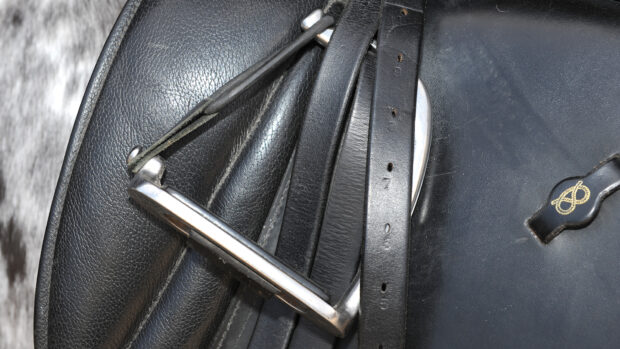US welfare campaigners are “optimistic” a ban on the use of double-decker trailers for transporting horses could be back on track.
On Monday (8 February) the Horse Transportation Safety Act (HTSA) was reintroduced into the US House of Representatives, which makes and passes federal laws. If the HTSA, a federal bill, is passed, it means there will be a ban transporting horses across state lines in vehicles of two or more levels.
In May 2020 H&H reported that Washington DC-based charity Animal Welfare Institute (AWI) hoped a ban was in sight following the announcement that the transportation and infrastructure committee was drafting a transportation package to “reauthorise” federal transportation legislation. The charity at the time stated the package presented an “ideal opportunity to include a provision that would bar transporting horses in vehicles that endanger both animals and motorists.”
An AWI spokesman said the bill passed the US House of Representatives in July 2020, and Congress had aimed to approve the bill before 30 September 2020, but the US Senate failed to vote on the legislation.
“AWI commends representatives Steve Cohen (Tennessee), Dina Titus (Nevada), and Brian Fitzpatrick (Pennsylvania) for reintroducing the HTSA on Monday,” said the spokesman.
“The impetus for the HTSA was a horrific accident in 2007 in which a double-decker trailer carrying 59 Belgian draught horses overturned in Wadsworth, Illinois, killing 19 horses. The tragedy spotlighted the reckless practice of cramming horses into trailers designed for much shorter and stouter animals, such as cattle and pigs.”
The spokesman added that the American Veterinary Medical Association recommends at least a seven- or eight-foot head clearance for horses.
“Double-deck trailers usually have a ceiling clearance of four feet seven inches to five feet five inches, which typically does not allow horses to stand comfortably or even fully extend their heads and necks inside,” he said.
Article continued below…

US calls for end to ‘inhumane’ double-decker trailers for horses
The trailers are banned for horses being travelled to slaughter

Mare and gelding stuck in mud for 18 hours following landslide
“They were both stuck up to their chests in the mud and could not have escaped on their own”

Subscribe to Horse & Hound magazine today – and enjoy unlimited website access all year round
“Moreover, because horses cannot maintain proper balance, they are at higher risk of injury from falling. Horses can also sustain injuries while being loaded onto the steep ramp of a double-deck trailer.”
AWI equine program manager and senior advisor Joanna Grossman said the use of double-decker trailers for transporting horses is “inhumane” and can lead to debilitating injuries, while “endangering others on the road”.
“Since we have incredible champions in Congress who care about the safety of America’s horses, we are optimistic that this bill will ultimately pass this session,” she said.
Horse & Hound magazine, out every Thursday, is packed with all the latest news and reports, as well as interviews, specials, nostalgia, vet and training advice. Find how you can enjoy the magazine delivered to your door every week, plus options to upgrade to access our H&H Plus online service which brings you breaking news as it happens as well as other benefits.



